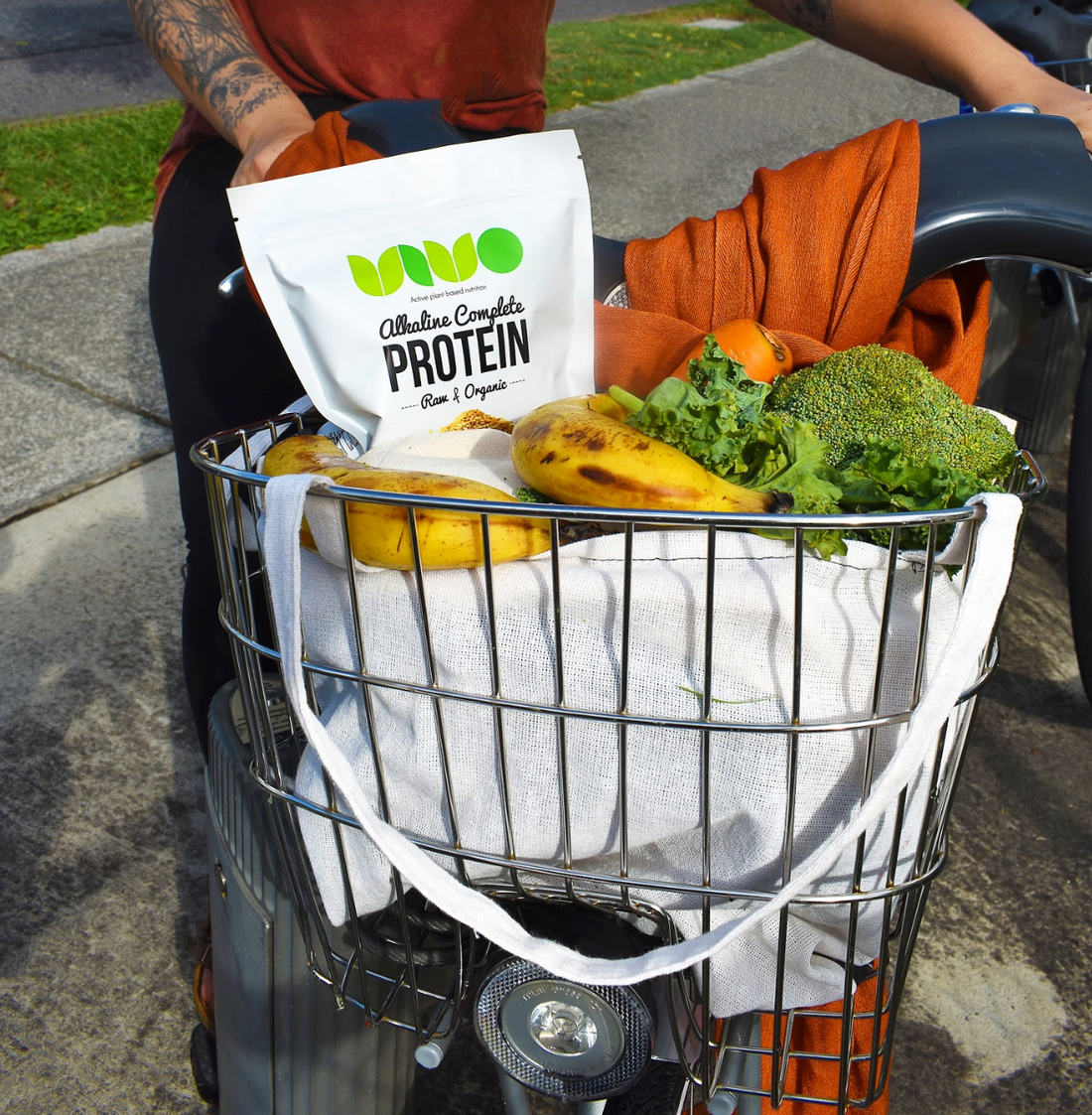You might have seen the documentary Game Changers on Netflix recently. After it aired a new light was definitely placed on plant based diets.
Whether you believe it plant based diets or not, one thing we do advocate for here at VIVO is the use of real wholefoods - as fresh as they come from Mother Nature - in our protein.
We use brown rice and yellow split pea to gain the highest amount of plant based protein, providing Aussies and their families with the energy and nutrition to support an active lifestyle.
So let’s have a look at how plant based protein actually does that.
Importance of protein in our diet
It doesn’t matter what kind of diet you choose to follow - protein is essential.
Proteins are essential nutrients for the human body.They are one of the building blocks of body tissue and can also serve as a fuel source. As a fuel, proteins provide as much energy density as carbohydrates.
Our hair and nails are made almost entirely of protein and our body uses protein to build muscle, repair tissues, produce enzymes, hormones and many more importance chemicals.
Unlike carbohydrates, protein is not stored in our body so we always need a constant supply of protein in our diet.
According to the Academy of Nutrition and Dietetics, humans needs a daily intake of 0.8 grams of protein per kilogram of body weight. But if you’re trying to lose weight, build muscle mass or if you exercise regularly, you will need a higher amount than this.
If you are unsure how much protein you need in your diet, we recommend that you see your GP to discuss further.
What does plant based protein do?
We think Kate Barrington from Nature’s Path explains it best:
“Proteins are made up of amino acids and there are 20 of them in total. The human body is able to synthesise or create 11 of them – the remaining 9 are known as “essential amino acids” because they must come from your diet.”
“A complete protein is one that contains all 9 of those essential amino acids and there are several plant foods that fit this description such as quinoa, buckwheat, hemp, and soy.”
Plant based protein supplies the essential amino acids that our bodies can’t produce.
The other awesome thing is that plant based proteins tend to have lower calories than animal proteins - contributing to faster and healthier weight loss for those who have this objective.
What are some of the plant based protein we can eat?
One of the many advantages of plant based protein is how easy it is to eat - just as is - or add to your favourite dishes.
Check out our recipe shares to see the many ways that our plant based protein can be used to make delicious, healthy and nutritious meals or snacks that you can have anytime.
Kate Barrington of Nature’s Path also provided the following plant based protein that you can add to your diet easily:
- Almond Butter (8g per serving)
- Amaranth (9g per cup)
- Black Beans (15g per cup)
- Buckwheat (6 per cup)
- Chia Seeds (4.5g per ounce)
- Chickpeas (14.5g per cup)
- Green Peas (9g per serving)
- Hemp Seeds (9g per serving)
- Kale (2g per cup)
- Kidney Beans (8g per cup)
- Lentils (18g per cup)
- Nutritional Yeast (9g per serving)
- Oatmeal (14g per cup)
- Pumpkin Seeds (12g per cup)
- Quinoa (8g per serving)
- Spirulina (39g per serving)
Want to add some plant based protein goodness that has less calories, more real protein per serving AND is easy to eat and digest?
Check out our three real foods plant based protein, made solely from wholefoods.
